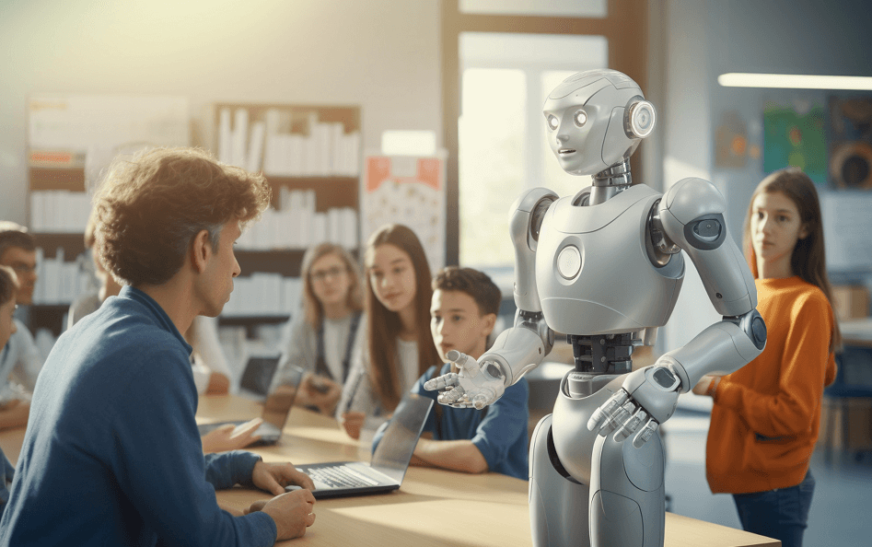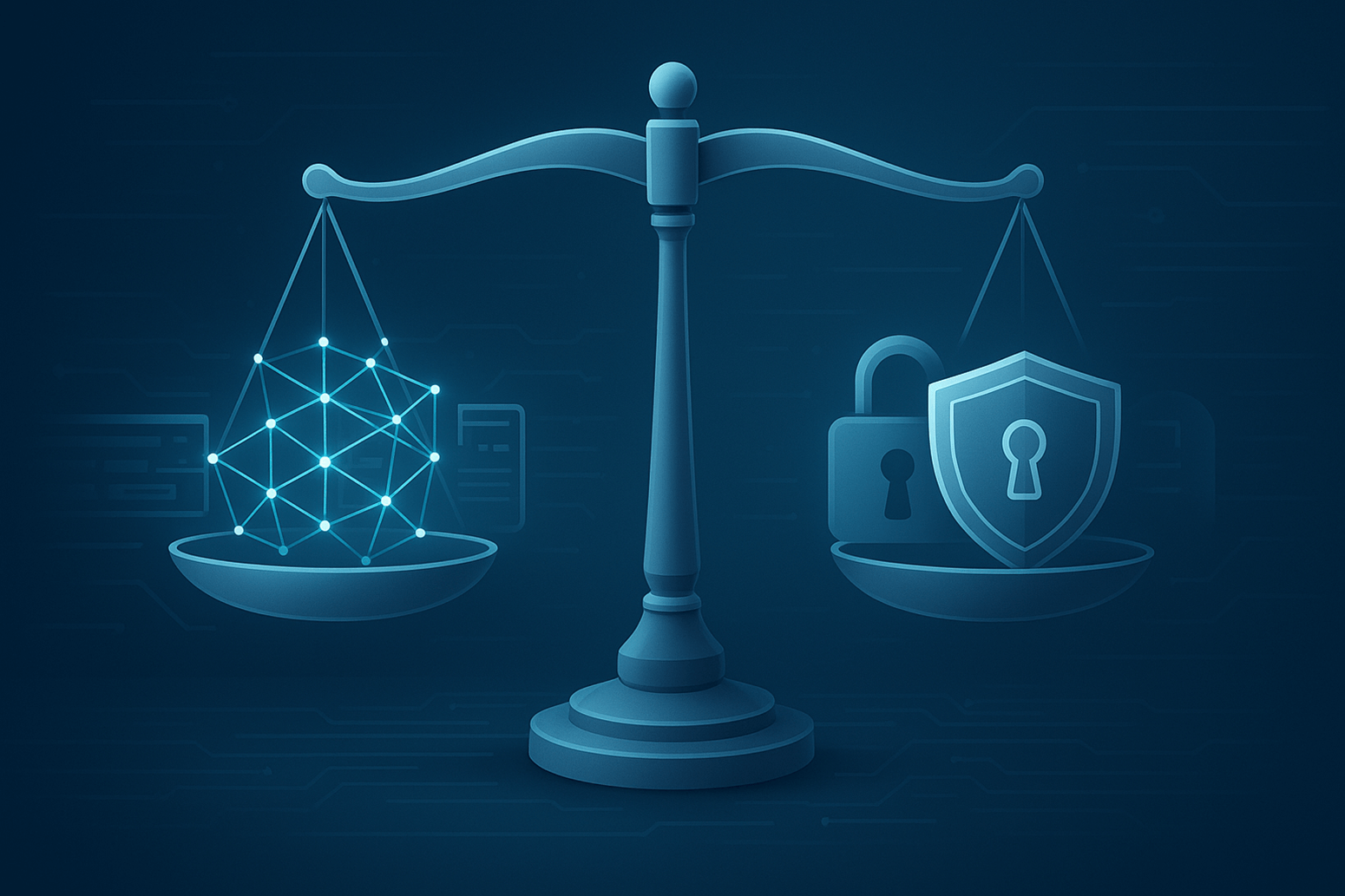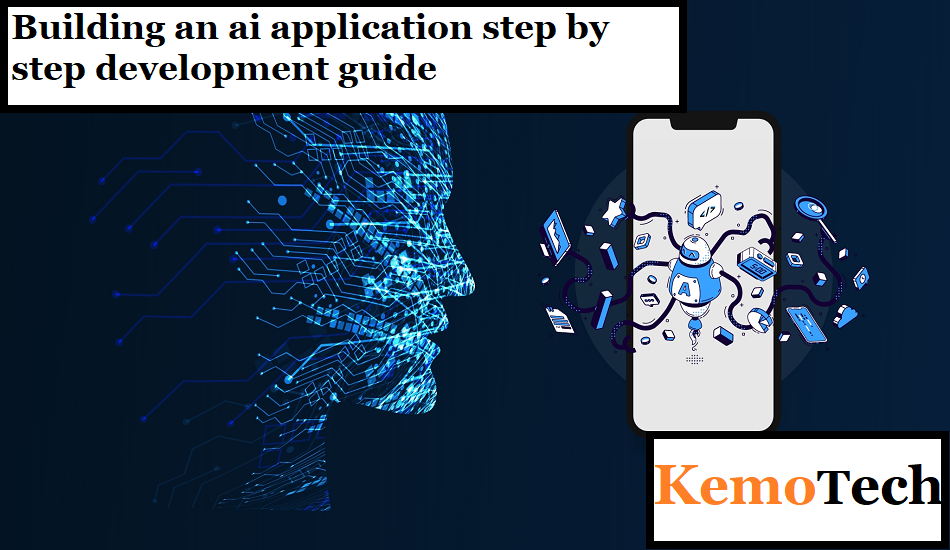The usage of what is now known as Artificial Intelligence (AI) has evolved beyond mere technological discovery and is now at the forefront of reshaping employee training tactics in virtually all fields. Not only is AI improving efficiency in the field of coaching but it is also improving personnel optimization and outcomes thus stimulating the development of companies etc. This article discusses ways in which AI is transforming employee development and supporting the growth of companies.
Enhancing Personalization and Customization
One of the main benefits of AI has been analyze massive quantities of data and provide meaningful insights regarding employee experience, performance, behavior patterns and learning preferences is one of the main benefits of AI in coaching. Several data sources including experiences, KPIs, peer and self assessments and feedback surveys may be gathered for a performance evaluation. AI algorithms can then be used to generate development plans for the staff members. Thus it is feasible to ensure that the coaching interventions are focused on the unique strengths, limitations and growth possibilities of each individual by depending on such information.
When artificial intelligence is Combined with adaptive learning an employees learning process becomes personalized and evolves over time based on the subjects performance. In order to provide exercises, courses and material that best fit the employees learning style and profile these platforms actively use machine learning algorithms. This indicates that artificial intelligence (AI) learning never ceases providing each worker with the guidance and assistance they need to improve their abilities.
Improving Accessibility and Scalability
Artificial intelligence powered chatbots also known as virtual coaching assistants are revolutionizing the availability of coaching by offering staff members round the clock immediate assistance and direction etc. Depending on their unique profile they are able to respond to certain questions, grade performance and provide detailed recommendations on how to raise ones performance. Supported by natural language processing (NLP) and Perception analysis virtual coaching assistants provide a productive environment for learning and development under time and location constraints.
AI also helps in scaling the coaching programs and organizations can reach out to employees with the new coaching initiatives in one go. By conducting virtual coaching needs and learning objectives, if any, of the varying workforce can be met and at the same time coaching programs can be standardized across different departments, teams or locations. This scalability increases the effectiveness of the allocation of resources within the company as well as improves the benefit of coaching employees by reducing the overhead costs of doing so within organizations of any size.
Driving Predictive Analytics and Decision-Making
AI provides the tools for predictive analysis for further evaluation based on historical data and tendencies of employees performance. Based on performance factors activity rates and personnel training needs AI determines areas of improvement and probable demand for human resources in the corporation. It allows leaders and HR to be proactively involved in the planning and decision making process concerning the organizations workforce succession planning and talent management strategies.
Strategic coaching management programs also support the growth of leadership by identifying high potential employees and grooming them for leadership roles. Due to the interaction AI always receives feedback and it assists in the development of competencies in leadership like:
- decision making
- communication and
- emotional competencies
Regarding leadership talent management it is critical to note that cultivating leadership talent within an organization enables the identification of future leaders who can lead the growth and development of the organization.
Future Directions and Innovations
Down the road technologies like Virtual Reality and Augmented Reality present positive opportunities in coaching. Here are some examples:
- Conventional leadership training can be created by using VR to model actual workplace situations and the original coaching sessions can be enriched using the AR application and real time graphics and analytics. These technologies will also improve the impact of coaching on the employees and make it even more effective.
- Consequently future developments may include in depth NLP evaluating the employees emotional status and implementing feedback loops. Such advancements will extend the capacity of AI to identify deeper patterns in the employees behaviors and the reasons for their actions thus further enhancing the efficacy of coaching interventions in driving employee development and company growth.
Final Thoughts
In conclusion AI in coaching represents a paradigm shift in employee development strategies offering organizations unprecedented opportunities to enhance skills foster leadership potential and drive sustainable growth etc. Ultimately with the help of AI insights and technologies it is possible to develop an atmosphere of learning that will lead to employees success within the organization which also in turn helps the organization reach new heights.
In todays complex business world companies that use AI for coaching set the standard for quality and outcomes in leadership setting an example that other companies want to follow. Employers may develop talent, improve leadership and achieve sustainable growth in a highly competitive global economy by utilizing AI-powered tools and platforms.













